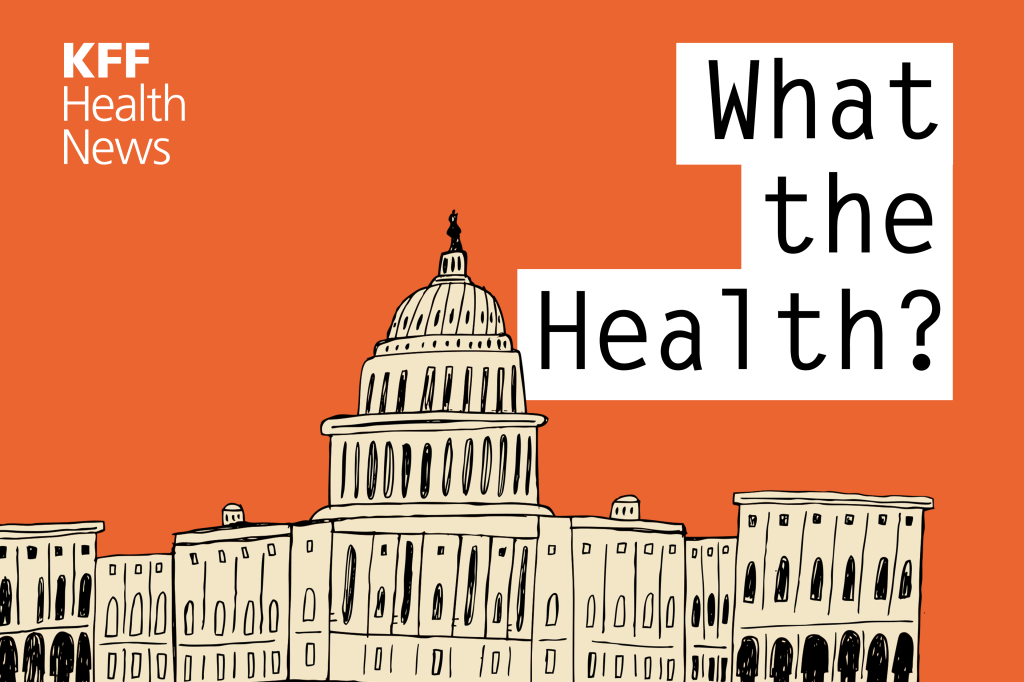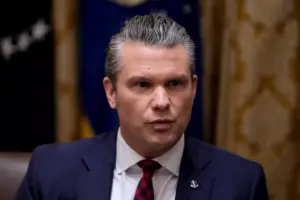
President Donald Trump has issued a new executive order that may significantly alter the future of federal research funding in the United States. This directive shifts control of funding decisions from career professionals to political appointees, raising concerns about the integrity and independence of scientific research. The move has sparked intense debate among health policy experts, who warn of potential negative consequences for public health initiatives.
The recent order highlights a growing tension between directives from Congress and the executive branch concerning federal science funding. Traditionally, Congress has established the framework for such funding, with experts making informed decisions on project allocations. The National Institutes of Health (NIH), often regarded as a vital component of American scientific achievement, has maintained a non-partisan approach to its operations. With this new executive order, however, the possibility of grant cancellations looms large, creating uncertainty in the scientific community and affecting investor confidence.
In a related incident, a gunman reportedly unhappy with COVID-19 vaccine policies attacked the headquarters of the Centers for Disease Control and Prevention (CDC) in Atlanta. This attack underscores the dangers posed by increasingly inflammatory rhetoric from critics of health policies. Many CDC staff members have pointed fingers at Health and Human Services Secretary Robert F. Kennedy Jr. for fostering a hostile environment that may have contributed to the violence. Despite the backlash, Kennedy has continued to promote policies that are perceived to fuel vaccine hesitancy.
The fallout from the recent Republican-backed budget law has also drawn attention. Critics argue that the cuts to Medicaid, which will take effect after the midterm elections, will adversely affect vulnerable populations. While Republicans contend that these cuts target waste and fraud, the reality is that institutions ranging from hospitals to community health centers are preparing for significant reductions in services. This could limit their ability to provide necessary care to those who need it most.
On the dietary front, the CDC reported that Americans are consuming less ultra-processed food. Nevertheless, it remains a significant part of the American diet. The Trump administration has made public commitments to address this public health challenge, but critics argue that its reliance on voluntary industry changes falls short of the necessary action. Former FDA chief David Kessler emphasized the need for more stringent regulatory measures to compel the food industry to take meaningful steps.
In an effort to address the erosion of public trust in health institutions, Julie Rovner, the host of KFF Health News’ “What the Health?” podcast, interviewed Aaron Carroll, president and CEO of the health services research group AcademyHealth, about strategies for rebuilding confidence in public health.
Panelists on this week’s episode also highlighted significant health policy stories worth exploring. Notable mentions included ProPublica’s report on the decline of healthcare professionals at Veterans Affairs hospitals and a piece from The New York Times discussing the health insurance challenges faced by young Americans turning 26.
As discussions around public health continue to unfold, the impacts of these policy changes are likely to resonate far beyond the immediate future, potentially affecting millions across the country.
For more insights on health policy, subscribe to KFF Health News’ “What the Health?” available on various podcast platforms.






